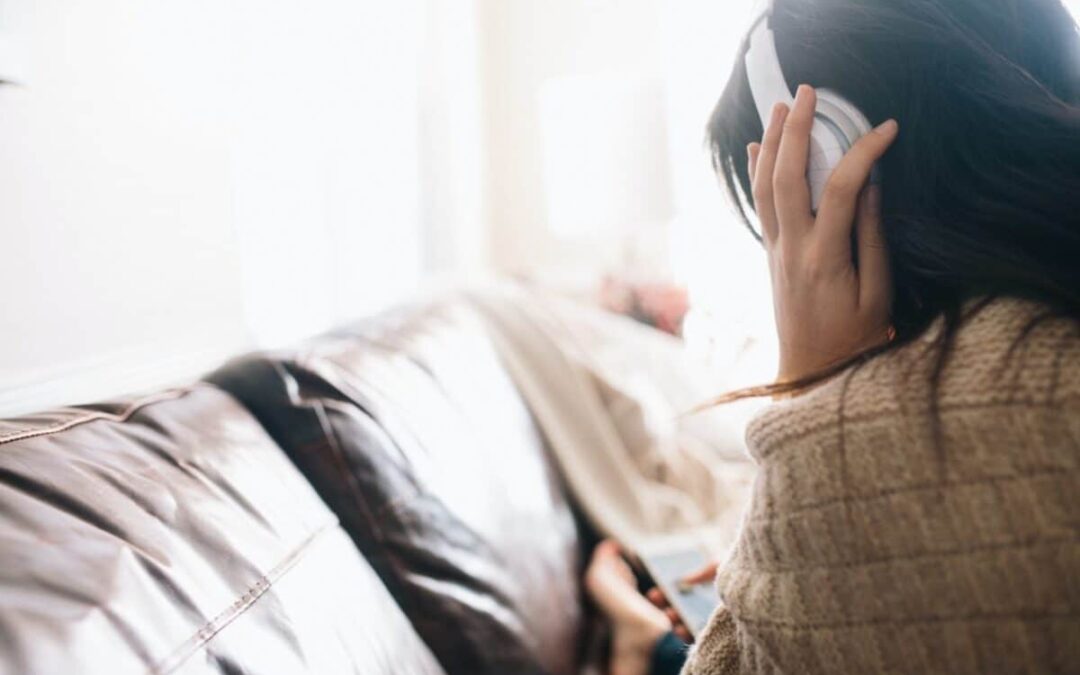When you’re facing depression, it can feel like you’re trapped in the gloom with no way out. You know there’s a world outside that gloom—you can see it and taste and feel it—but there’s this thing keeping you from enjoying it the way others do. Because depression is part of a cycle that feeds on itself, it can be hard to break free from it on your own. Sometimes, people can find their way out through medication—but that isn’t an option for everyone. In itself, that might feel like a cause for despair. But there are rules for surviving and navigating the gloom—and ways to break that cycle without medication.
In today’s article, we’ll explore 7 methods to deal with depression without medication.
Table of Contents
Addressing Internal Chemistry
 In many cases, there’s an undeniably chemical component to depression. That chemical element is tied to the balance of stress and sex hormones in our bodies, and the health of various receptors located throughout our brain. While medicine can be used to influence that balance, there are other natural methods to restore function as well. Many of those methods are tied to self-care, which is notoriously difficult for those struggling with depression.
In many cases, there’s an undeniably chemical component to depression. That chemical element is tied to the balance of stress and sex hormones in our bodies, and the health of various receptors located throughout our brain. While medicine can be used to influence that balance, there are other natural methods to restore function as well. Many of those methods are tied to self-care, which is notoriously difficult for those struggling with depression.
Dietary Changes
A balanced, healthy diet is an essential tool in promoting brain health and function. Research has shown that Omega-3 fatty acids in fish, nuts, and other foods can stimulate and restore health and function in the brain—improving the performance of neurotransmitters like serotonin and dopamine. Other vitamins, such as B12, can improve mood regulation and cognitive function—boosting energy and making it easier to accomplish tasks.
Avoid Caffeine & Alcohol
Both caffeine and alcohol can exacerbate anxiety and stress, which in turn can lead to deeper depression. While caffeine may be a part of your daily routine, over-indulging can interfere with sleep patterns, leading to unwanted side effects. Alcohol, in turn, can impair decision-making, lead to risky behaviors or regretful decisions, and worsen feelings of shame or despair.
Sunlight & Exercise
Even light, routine exercise can be an effective tool in treating depression. Our bodies release endorphins during exercise, which has a positive effect that compounds over time.
Journaling Exercises
One of the best ways to deal with depression is to find new ways to process, challenge, and resolve troubling thoughts and beliefs. Writing those thoughts down, or expressing them through creative exercises, helps tame them. It’s important to approach this process without expectation: let those thoughts flow through you onto paper.
Engage with Support Groups
In many cases, depression comes with a desire to isolate. Sometimes we need a break from friends or family, but humans have an innate need for connection. If you’re having trouble engaging with your normal social circles while feeling depressed, consider engaging with support groups or other resources. Making new connections who understand your feelings might provide you with a friend who can help you navigate the gloom.
Therapy & Counseling
Several forms of therapy provide a safe, non-pharmacological path to treat depression. Modalities such as Cognitive Behavioral Therapy (CBT) offer tools and strategies to challenge negative or intrusive thoughts. Eye Movement Desensitization and Reprocessing allow us to process the traumas and negative self-beliefs that often underpin depression.
Schedule an Appointment
You don’t have to find your way through the gloom on your own. Breaking free from the cycle of depression often requires radical change—something that can be difficult or impossible without help. Over the years, I’ve been honored to help so many people find their way through that fog. Depression doesn’t have to be forever. You can learn to enjoy life again.
Schedule an appointment today for depression counseling. We can find a path that works for you.


